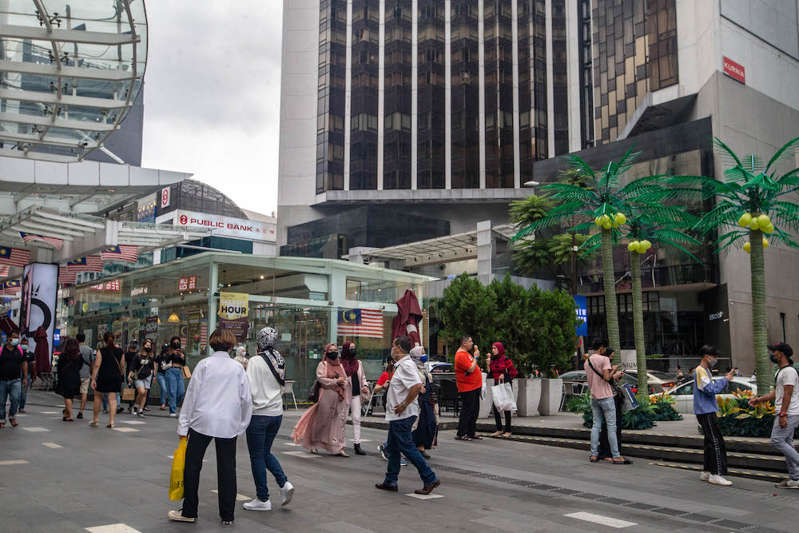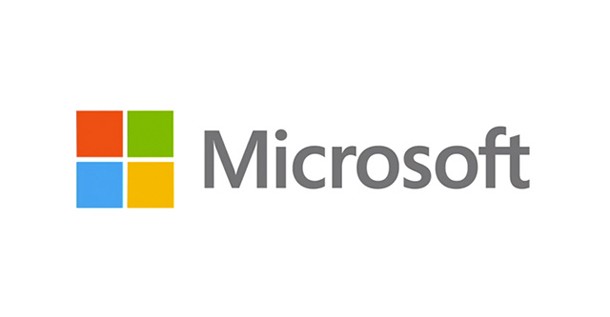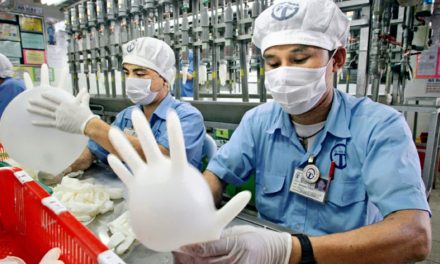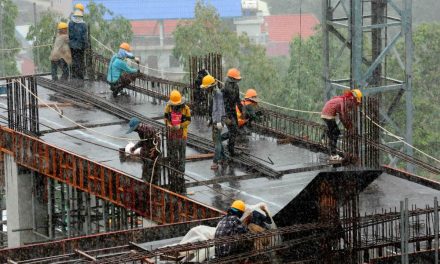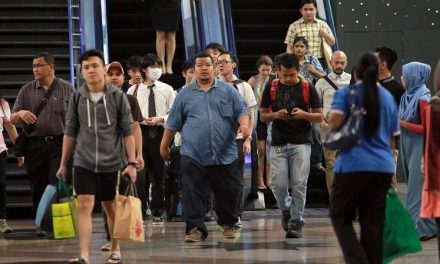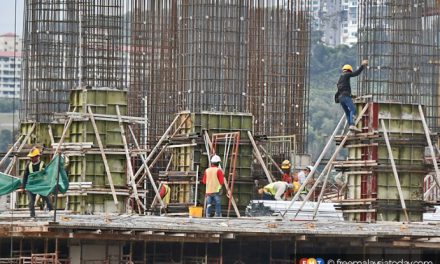KUALA LUMPUR | Over the past few days, many companies in the private sector here have transitioned back to working in the office. Either full-time or in some kind of hybrid form.
This comes on the back of the government’s recent announcement that Selangor, Kuala Lumpur, and Putrajaya can move to Phase Three under the National Recovery Plan from October 1.
Malay Mail spoke to several companies to see what measures they have introduced so their fully vaccinated employees can work safely in the office.
For Volkswagen Passenger Cars Malaysia (VPCM), employees’ safety is very important so they have taken the initiative to provide free Covid-19 self-test kits for every employee at the start of each workweek as an added precaution.
Although they returned to the office on October 4, they are limiting it to a 50 percent capacity only for now.
“Our employees are split into two groups and they will alternatively return to the office on a weekly basis,” managing director Erik Winter said in an email reply to Malay Mail.
To ensure physical distancing within the office, Winter added that employees were no longer tied to the typical 9 am-6 pm working hours under the organization’s Enhanced Flexible Work Arrangement (EFWA) launched last year.
“We are also looking into the feasibility of hybrid-working arrangements for the long term,” he added.
This, he said, will also be complemented by strict adherence to government-issued standard operating procedures (SOPs) in the office.
Based on the Health Ministry’s data on the COVIDNOW portal, 94.4 percent or 22,098,784 individuals, of the country’s adult population have received at least one dose of the vaccine as of October 4.
According to the National Security Council’s SOPs, all private and non-governmental offices are allowed to operate at 100 percent capacity with 80 to 100 percent vaccinated individuals but limited to 80 percent employees in the office.
For Elite Market Research Sdn Bhd managing director S. Magesvarey, staff safety is not something to be compromised even as the government relaxes regulations.
“While we are operating at full capacity we have taken our own initiative and allowed our staff to only come to our office in KL Sentral if it’s absolutely necessary.
“All our meetings are currently done online, it has worked well so far so we have decided to conduct only virtual meetings.
“Most of our researchers can work well on their own so it’s not necessary for us to meet in person we do not want to take any unnecessary risk.
“Those who are required to come to the office are only a very small number and they take turns to come in to ensure we do not crowd our office,” she said.
MyDynamics Sdn Bhd company director G. Kumar, whose firm deals with construction debris waste disposal, staff and workers who work on project sites have been ordered to undergo mandatory self-testing every week.
Now that Covid-19 self-test kits are reasonably priced, Kumar said this was one of the precautionary measures undertaken by the company since his employees are more exposed due to the nature of the work.
As the country moves towards living with Covid-19, companies big or small are working out how they want to operate. Some choose to go the extra step and ask their employees to keep their masks on indoors even if everybody is vaccinated.
One thing is clear, nobody wants another surge in cases.

